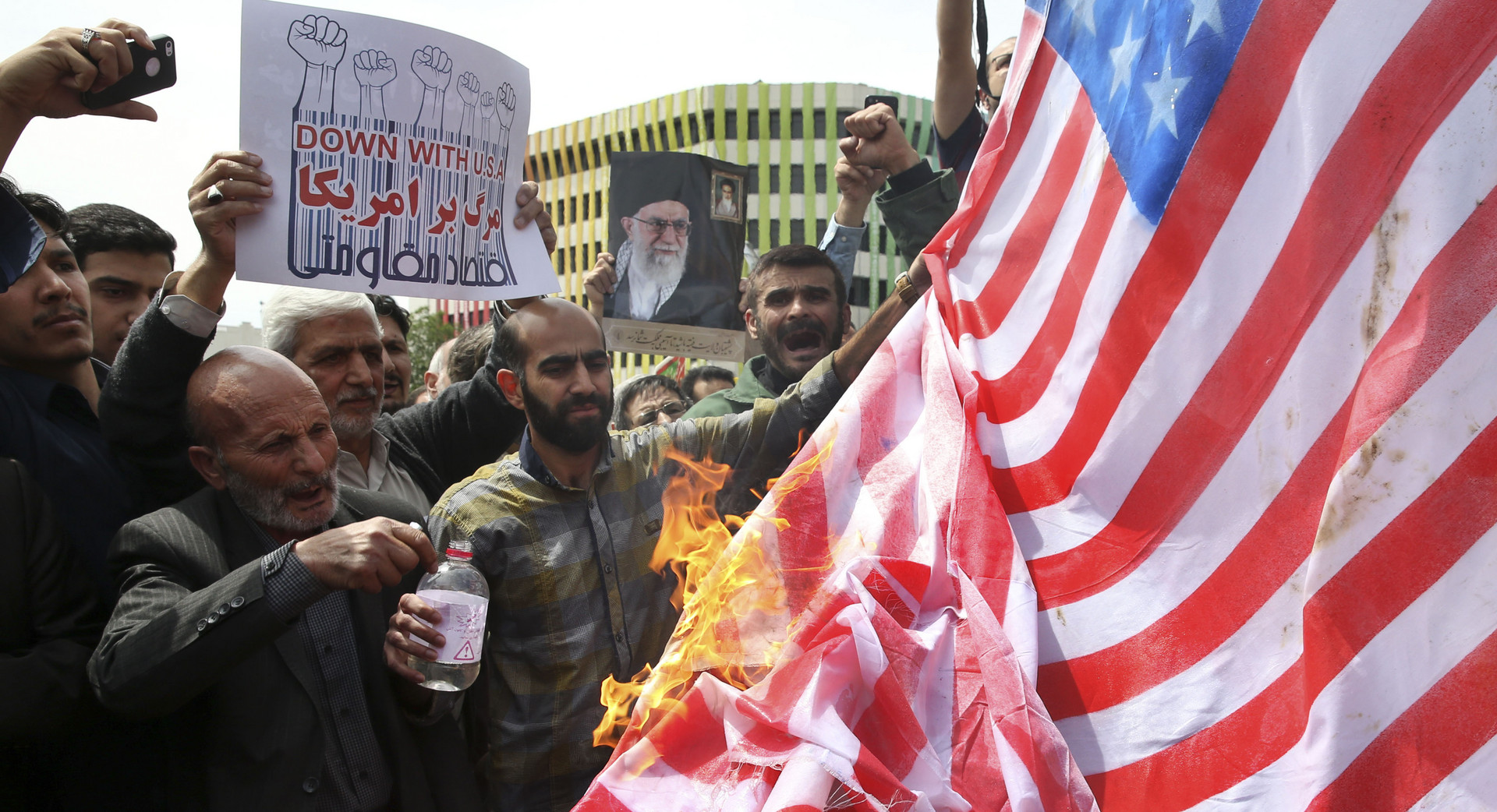Amid the ongoing negotiations between Iran and the five permanent members of the UN Security Council (plus Germany) to limit Tehran’s nuclear weapons programme, a pertinent question continues to be asked. It is whether a “bad deal” with loopholes is better or worse than a “no deal” scenario that could lead to war, as Iran’s adversaries including Israel seek to destroy its nuclear facilities.
For now, an agreement to revive the Joint Comprehensive Plan of Action (JCPOA) – the original nuclear deal signed between the same parties in 2015 before the US withdrew from it three years later – is likelier to happen than not. That’s because, at this stage, none of the participants in the talks want a war. Even inside Iran and Israel, which is not a signatory of the JCPOA, there would be those who would rather wage proxy wars against each other, with countries such as Lebanon serving as theatres, than have a direct confrontation that could lead to loss of lives in their own countries.
Despite the rising public opposition to a possible “bad deal” in Israel, its leadership is aware that if the talks fail, it will not be able to stop Iran’s nuclear programme through unilateral military strikes. A military solution to Tehran’s nuclear threat will require US involvement.
But the US doesn’t want a war, as this would probably mean involving its own personnel and resources, which it doesn’t want to right now. There is also the rationale in the West that by lifting sanctions against Tehran – a condition for the Iranians to sign a deal – European governments can then avail of its energy as an alternative to Russian oil and gas.
Domestic politics is also fuelling the Biden administration’s push for a deal. By returning to the JCPOA or securing a better deal, the Democrats can revive a signature aspect of former president Barack Obama’s legacy, and at the same time reverse Donald Trump’s decision to pull the US out of it.
Israel has hinted that it won’t commit to a deal it doesn’t approve of. By stating so, it will hope to put pressure for an agreement that imposes constraints on Tehran’s nuclear programme. It will also, in the process, maintain its freedom to conduct military operations if it deems them to be necessary. But those who insist that a direct war between Israel and Iran would resolve matters or help reduce Iran’s influence in Lebanon and Syria are delusional.
Israel’s interests, after all, are limited to keeping its borders with Lebanon and Syria calm, which is plausible only if Iran agrees to rein in Hezbollah, its proxy in Lebanon. Tehran will need to provide a guarantee to Israel that Hezbollah’s weapons will not be used across the border, effectively neutralising the group’s rocket arsenal. By doing so, Iran will be forced to shelve its so-called resistance against Israel, with Hezbollah doing little more than continuing its rhetorical resistance designed to dominate Lebanese politics.
There two views on a possible Israel-Iran deal. One view is that it would serve Lebanon’s interests, as it would avert a war that could destroy the country and devastate its people. The other view is that such a deal would benefit Israel and Iran but harm Lebanon, as it would effectively place the country under the tutelage of Hezbollah – and by extension, Iran.
Diehard optimists would like to see a broader rapprochement that creates a new, positive climate for further co-operation; that it would help to demarcate a Lebanese-Israeli maritime border; that it would force the Iranian regime to rein in its hardliners, as it prioritises economic recovery; and that it would eventually reintegrate Iran into the global economy.
However, left to its own devices, the Iranian regime will not shed its skin or give up its expansionist appetite. The P5+1, who will broadly support an Israel-Iran deal, must put Tehran under serious pressure, with the help of a carrot-and-stick approach, forcing to loosen its regional domination.
There is little doubt that the non-nuclear dimension of the threat Iran poses to regional security is very strong. This explains the backroom negotiations, parallel to the nuclear talks, that have been under way for the past year or so, not only between Israel and Iran, but also between the Gulf states and Iran.
Circling back to the nuclear talks, it is clear that international monitoring of Iran’s nuclear facilities remains an obstacle to an agreement, unless its regime drops its insistence on limited oversight by the International Atomic Energy Agency. Tehran continues to oppose full scrutiny and strict monitoring mechanisms, because it is already at the stage of enriching weapons-grade uranium. The Biden administration, on the other hand, knows that it cannot compromise on this aspect, not only because of Israeli opposition but also opposition within American domestic politics, particularly in the US Congress.
Assuming that this issue is sorted and an agreement is secured, the US must still know that if sanctions were to be lifted against Iran, it should not end up financing the regime’s covert nuclear agenda. Pumping billions into its coffers could accelerate its shadowy programme that will obviously not be subject to monitoring mechanisms.
Washington, meanwhile, will be mindful that in the course of any strategic short-sightedness on its part, an empowered Iran could further cleave to China and Russia, its strategic partners. Russia, in particular, could benefit by importing more Iranian drones for its war in Ukraine, preparing advanced weapons deals with Iran, and possibly working with Tehran to circumvent western sanctions on its oil and gas.
It’s a complicated business. And how this all pans out for the region and the wider world, we will know sooner than later, as countries race towards securing a nuclear deal, as well as separate gentlemen’s agreements, with Iran.
Originall published in the National


Leave a Reply
You must be logged in to post a comment.